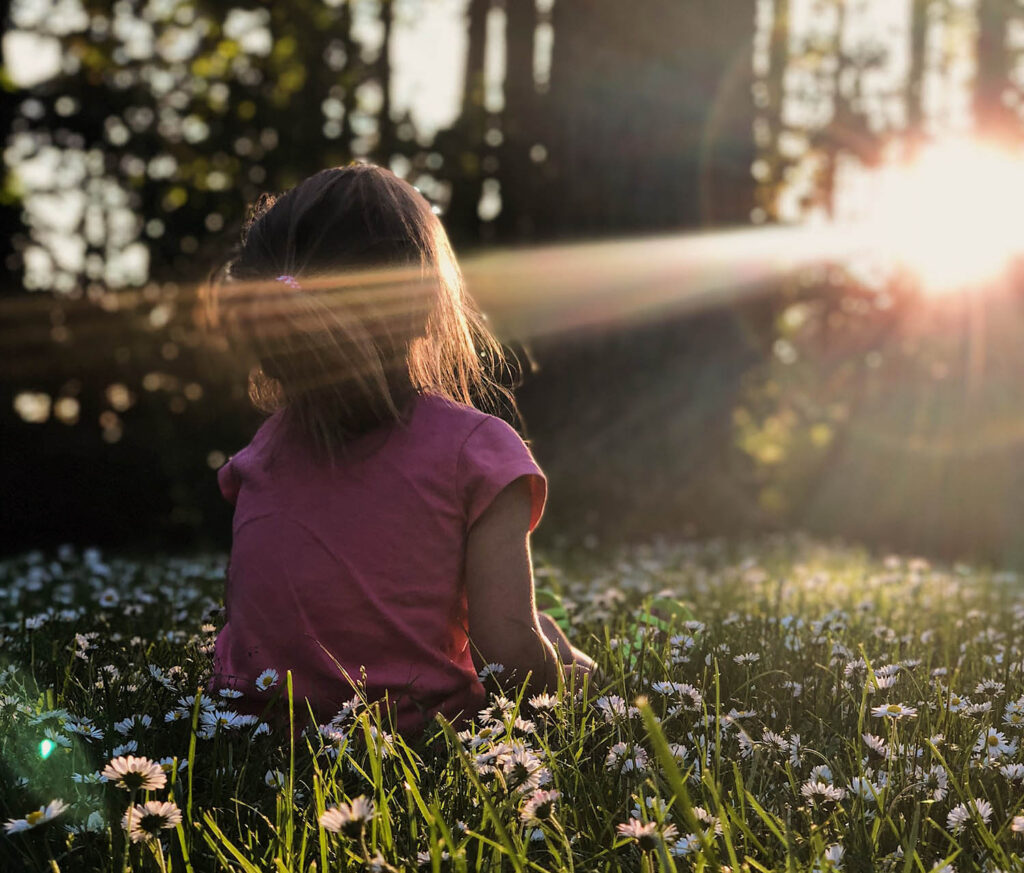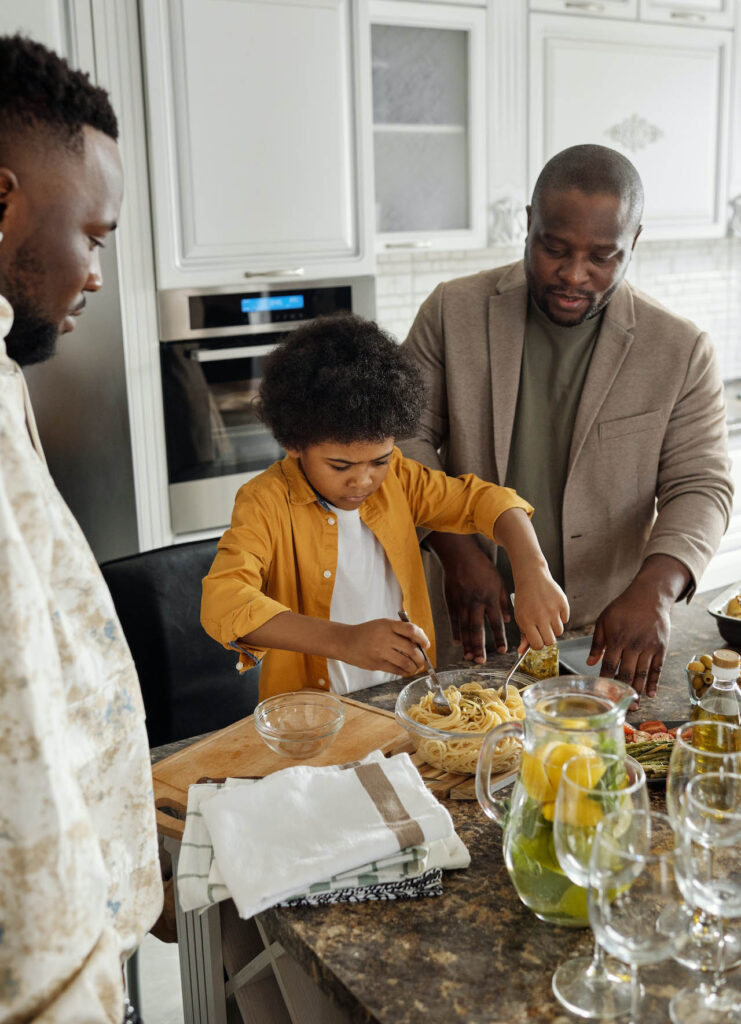As the old joke goes, there are only two guarantees in life: taxes and death.
All joking aside, there is perhaps a third: grief. Wouldn’t it be nice to think we could escape heartache? Although difficult, It’s a universal and painful experience.
Loss can come in many forms. It can be the loss of a person, pet, job, sense of stability, health, home, an intact family due to divorce, or even experiencing an unwanted move.
It can also come as the result of bullying behavior. Make no mistake, children may not be aware that what they’re feeling can be a deep sense of loss as a result of being repeatedly and intentionally mistreated. Everyone needs and has the right to feel connected to others, including having loyal friends. Our children also deserve to feel emotionally and physically safe.

Victoria
It was only two miles away which is why moving a short distance didn’t seem like a big deal to Victoria’s parents. Because it involved a change in schools in sixth grade, though, it had unintended results for the 12-year-old. She never had trouble getting along with anyone whether it was in the classroom, on the soccer field or at dance class until the move.
“Good” reputation
Confusion
Once a happy kid, Victoria couldn’t understand this sudden feeling of overwhelming sadness. It was foreign and confusing. Luckily, Victoria had two safe spaces. One was her old dance school.
The other soft place to land was with her mom, Gabriela. I had the good fortune to meet her one day after she approached me on the sidewalk. Her worry was palpable and she couldn’t help expressing her frustration. Why did we move? This is my fault!
Grief
Mom's Love
Together we strategized ways to improve the situation but first her mom addressed her daughter’s deep sense of loss.
Helping a child who is being bullied includes validating their feelings of loss, whether it’s of their hope of inclusion, their feeling of safety, their disappointment in adults who don’t step forward to protect them or the loss of their confidence.
It’s heartbreaking, but perhaps these 6 tips may help:
1. Listen
2. Show compassion
3. Try not to judge
4. Create a happy space outside of school or wherever the bullying behavior is happening.
5. Strategize ways to help your child regain their power in positive ways.
Get creative. Confidence is built from within but they may need help building healthy friendships through new activities.
6. Seek help if necessary
According to Dr. Louise Parente, LCSW, here are some important things to consider:
If your child seems lethargic, distant, angry, oppositional and nothing you offer seems to help, you may need to discuss this and explore other means to help. Perhaps some sessions with the parent and the child may be suggested.
Observe your reactions, if you find yourself more agitated, depressed, anxious (especially if you are reacting negatively to your child), this may be the sign you need to explore this in greater depth. Sometimes issues of guilt, anger, sadness may have surfaced from something the parent experienced in their own life. A little extra help and understanding helps one to feel in control. Control is something you or your child may feel has been compromised from negative life experiences.
In a household where there is more than one caretaker, it is important to communicate and share with each other. If the relationship is difficult, the need for some couple treatment exploration could be very helpful.
In other words, embrace the role of trusted adult. It’s hard to see our children through the social rapids of life but with our help (and as a friend of mine recently quipped, If it doesn’t kill us first), they will feel valued.
It can be rough. None of us can walk it alone. That’s why as trusted adults we need our own trusted adults.
Thank you, again, for being that superhero. Superheroes unite. We’re in this together.






